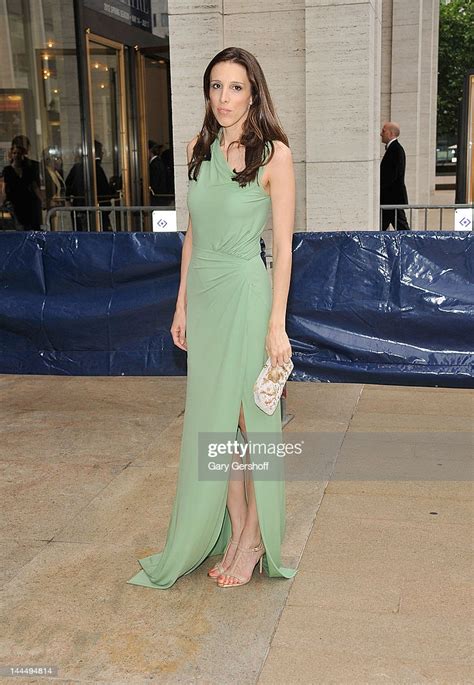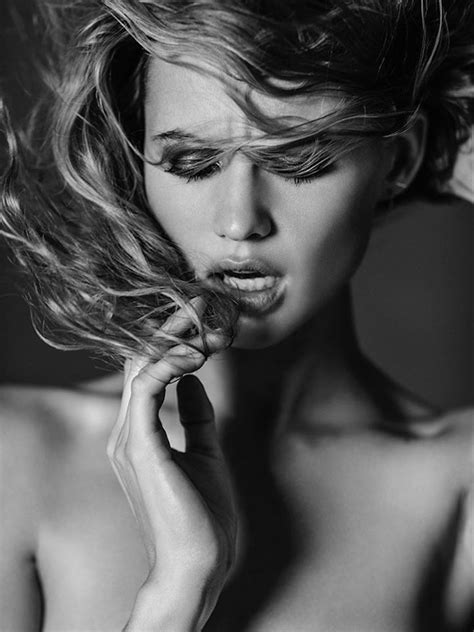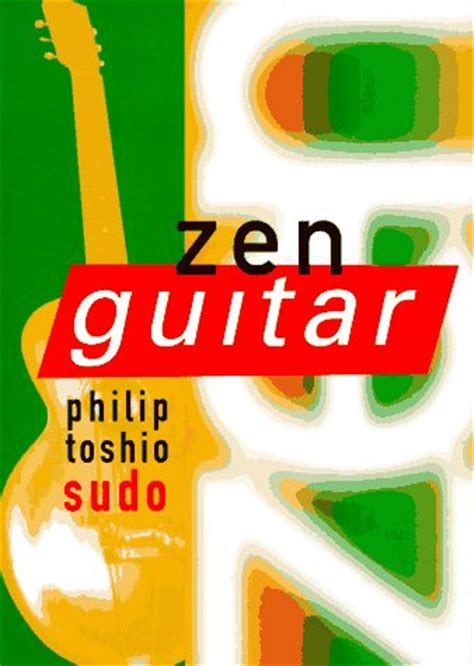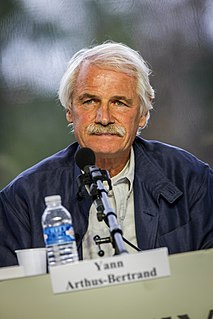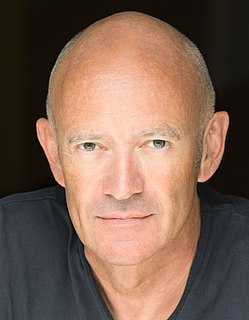A Quote by Alexandra Kerry
A journalist is supposed to present an unbiased portrait of an event, a view devoid of intimate emotions. This is impossible, of course. The framing of an image, by its very composition, represents a choice. The photographer chooses what to show and what to exclude.
Related Quotes
Composition is what's similar between being photographer and director. As a photographer, you're sort of doing everything - you're directing the lights and you're framing and you're moving around. The hardest thing to learn as a director is how cameras have to move. You have to have patience, you have to learn how to look through the lens and then you have to learn to combine all of the compartments into one great image.
Journalism without a moral position is impossible. Every journalist is a moralist. It's absolutely unavoidable. A journalist is someone who looks at the world and the way it works, someone who takes a close look at things every day and reports what she sees, someone who represents the world, the event, for others. She cannot do her work without judging what she sees.
When you play guitar you are drawing a frame around a moment and saying to the listener, 'Here is how I want you to experience this. How you begin and end a solo is framing, How you structure a song is framing, how you present yourself onstage is framing. See every corner, not just the center, framing should heighten the impact of the art and give clarity to your vision.
Choice implies consciousness - a high degree of consciousness. Without it, you have no choice. Choice begins the moment you disidentify from the mind and its conditioned patterns, the moment you become present....Nobody chooses dysfunction, conflict, pain. Nobody chooses insanity. They happen because there is not enough presence in you to dissolve the past, not enough light to dispel the darkness. You are not fully here. You have not quite woken up yet. In the meantime, the conditioned mind is running your life.
When the FDA forces an old drug off the market, patients have very little say in the matter. Patients have even less of a say when the FDA chooses not to approve a new drug. Instead, we are supposed to rely on the FDA's judgment and be grateful. But can the FDA really make a choice that is appropriate for everyone? Of course not.
My being subsists only from a supreme point of view which is precisely incompatible with my point of view. The perspective in which I fade away for my eyes restores me as a complete image for the unreal eye to which I deny all images. A complete image with reference to a world devoid of image which imagines me in the absence of any imaginable figure. The being of a nonbeing of which I am the infinitely small negation which it instigates as its profound harmony. In the night shall I become the universe?
